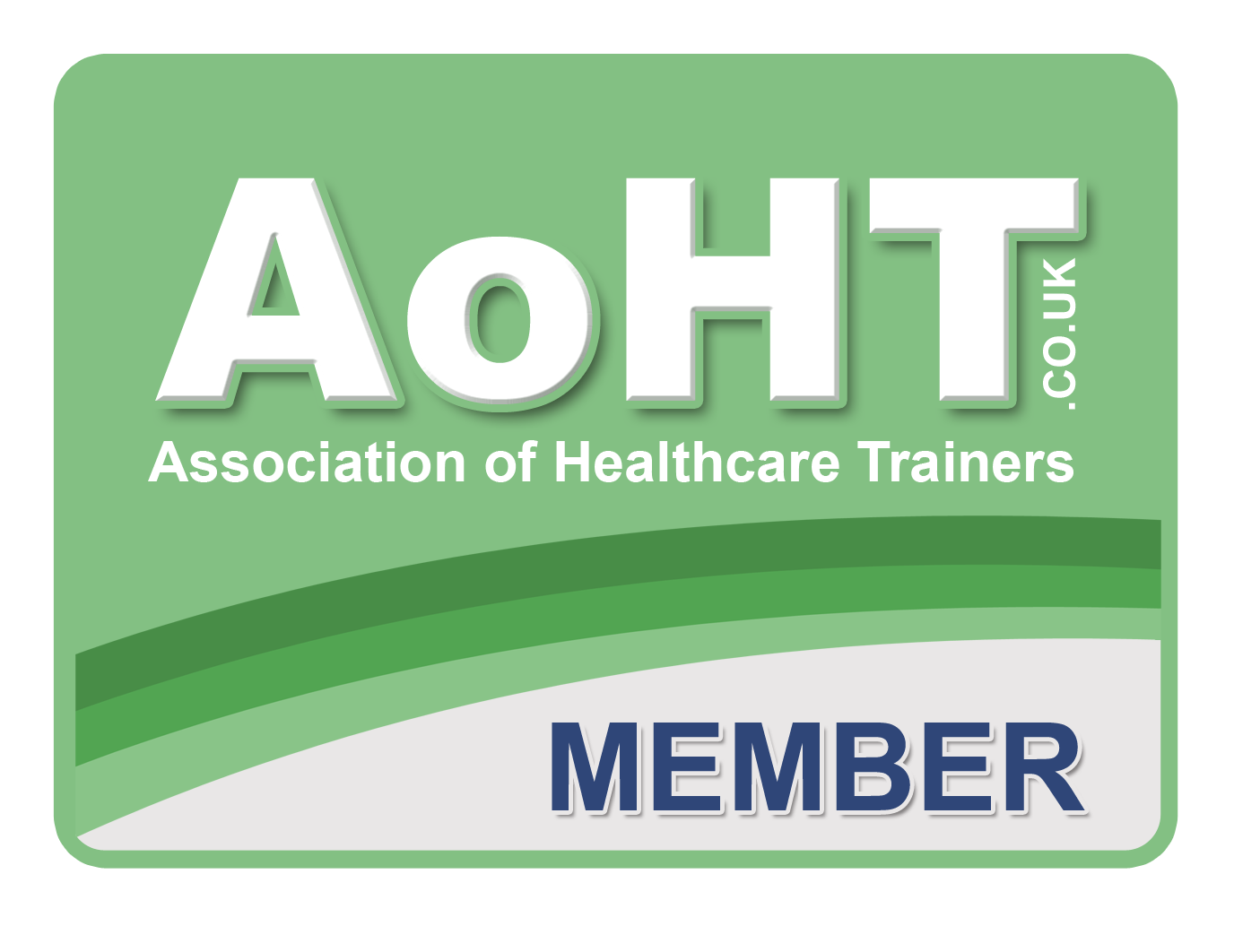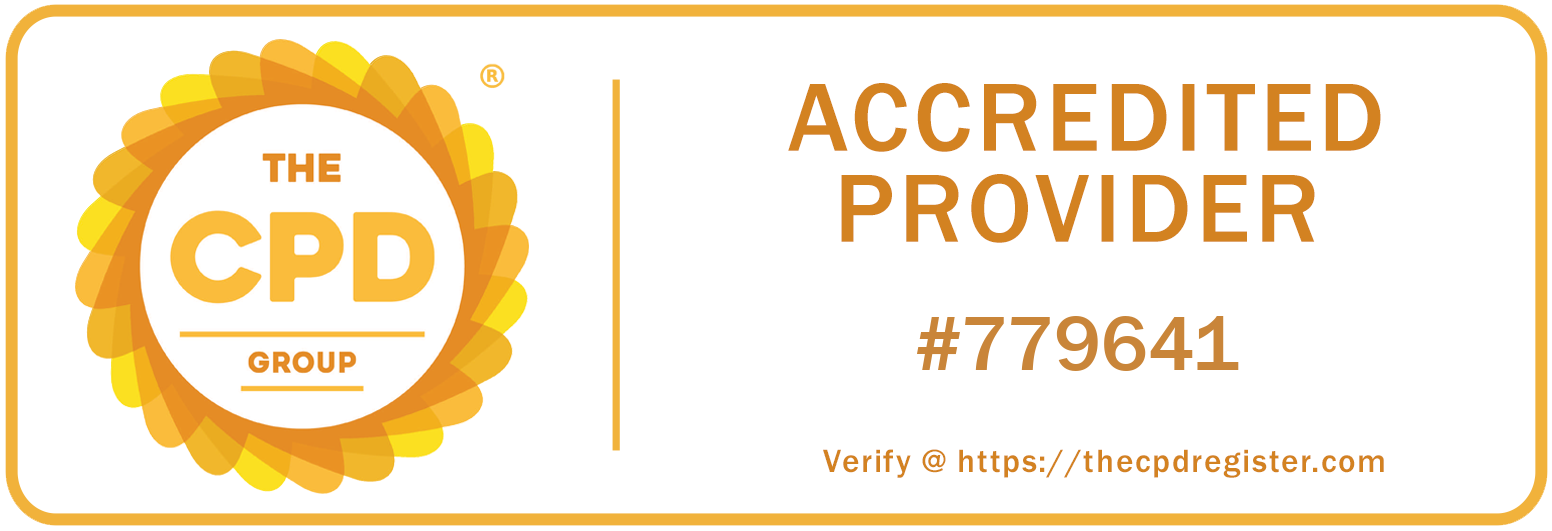
The most in-demand and sought-after skills are "high income skills without formal degree" that you don’t have to learn in school. These practical skills allow you to cultivate rare skills and make good money even without a degree. In 2024, learning high-income skills can open new opportunities for your career and allow you to lead a prosperous life. This blog dives into the 7 sought-after high-income skills to know in 2024, how to acquire them, and their importance in the new job trends.
1. Understanding High-Income Skills
High-Income Skills: High-income skills are skills that are highly sought after in the job market. You can earn a lot of money because there is a huge need, for those complicated skills, the expertise that you need to be able to get a lot of money.
How Expectation of High-Income Skills Adds Values For Current Job Market:
High-income skills are those that are valued as they are related to current market needs. Companies need specialised knowledge and innovation in general and those with them happen to be needed in the current job market. Digital marketing, software development and data analysis are the skills that are most needed in the current job market. As businesses get digitalised to be more efficient with moderate employees and better strategies built on data.
Degrees Vs Skills:
There is a shift in hiring practices from companies that focus more on the practical side as opposed to the academic front. Skills are important driving forces for the growth and development of organisations in the corporate world. For example, Google and Apple have implemented an algorithmic hiring process. Here potential hires are judged on job-based skills and experience as opposed to degrees.
2. Benefits of High-Income Skills Without a Formal Degree
Cost-Effectiveness Of Learning High-Income Skills:
Learning high-income skills is often much more cost-effective than going to university to earn a degree. The reality is that many online courses, boot camps, certifications and the like cost a fraction of the price of a traditional degree. They can open up opportunities to a wider audience. For example, Coursera, Udacity, LinkedIn Learning and more offer useful courses.
Flexibility and Accessibility of Skill-Based Education:
Skill-based education entails a flexible learning approach for people. Because they have to learn by themselves according to their discretion. People who work during day hours or have other sort of responsibilities can still get flexible guidance via the online platform.
Another valuable aspect of skill-based education is that there are no restrictions involved. Campling the advantage of internet technology, individuals who desire to learn have no barriers. One can have an opportunity to obtain a high-income level of education from almost anywhere in the world.
Here we list some famous people who achieved work and financial success without a degree to illustrate the point. Successful people without degrees-
1. Steven Paul Jobs (born 24 February 1955) is an American entrepreneur and philanthropist. He is best known as the co-founder, chairman, and CEO of Apple Inc.
2. Mark Elliot Zuckerberg (born 14 May 1984) is an American computer programmer and Internet entrepreneur. He is best known as one of five co-founders of the social media website Facebook, and he is the current chairman and CEO of the company.
3. Richard Branson (born 18 July 1950) is an English business magnate, investor, author and philanthropist. He is best known as the founder of Virgin Group, which comprises more than 400 companies.
These 3 examples show that the lack of a college degree does not prevent them from this level of earning.
3. Top High-Income Skills to Learn in 2024
1. Digital Marketing

Digital marketing is key in the modern economy. More companies are moving online. Digital marketing strategies are important. They help companies reach more customers, gain greater brand awareness, and make more sales.
Digital marketing is key in today’s economy. I have to pick my best method from all of its methods. The options are SEO, content marketing, social media management, PPC ads, and so on. Without digital marketing, no business survives and grows today.
Enrol our Ultimate Digital Marketing course and become the best in the industry.
Key Components: SEO, Content Marketing, Social Media Management, PPC
SEO: Enhancing a website's visibility on search engines to attract organic traffic.
Content Marketing: Creating valuable content to engage and retain customers.
Social Media Management: It is the task of managing a brand’s social media channels. The goal is to engage with customers and manage its reputation.
PPC: Paid advertising to drive traffic to a website and generate leads quickly.
Learning Resources:
Online Courses, Certifications And Workshops Abundance of resources are available to learn Digital Marketing. Several websites are providing online courses, certifications and workshops that offer practical knowledge of the subject. #1. Coursera: A popular e-learning platform providing extensive courses related to Digital Marketing. Users can enrol themselves free of cost. Certification can be acquired with a nominal fee. #2. HubSpot: Digital marketing industry leader providing certification on inbound marketing that covers marketing fundamentals, campaign planning, landing pages, lead nurturing, blogging, content optimisation and conversion rate. All these courses are available to learn free of charge. #3. Google Digital Garage: Digital Marketing courses and certification provided by the digital giant, Google. The Google Digital Garage provides various modules of Digital Marketing training where each module demonstrates the necessity of business to utilise digital skills such as search engine optimisation, web principles and presentation basics.
2. Web Development

As a result of the COVID-19 pandemic, many businesses had to move online quickly. That’s why there is a strong demand for web development. Almost everyone needs an attractive and functional website or mobile application.
Workers with skills in this area are in short supply, with jobs available in all sectors: not just in tech and finance, but health care, with industry and commerce becoming more reliant than ever on employees with web development expertise. They create or develop the software that underlies websites and applications, to help make sure the sites and applications work properly and look their best.
Enrol our WordPress Diploma course and learn the fundamentals of web development.
Front-End vs. Back-End Development
Front End Development: Client side, which is to build the design and user interface of the website Skills: HTML; CSS; JavaScript; React; Angular.
Back-End Development: The server-side of things, managing databases and keeping tables talking to each other. You’d be using languages such as Python, Ruby, and Java and databases using languages such as SQL or MongoDB.
Resources for Learning: Coding Bootcamps, Online Tutorials, GitHub Projects. Aspiring web developers can get started by attending a physical or non-physical learning institute such as General Assembly or Codecademy, which both offer four to six-month intensive, immersive learning experiences. For those looking to self-teach and have ample time to do so, there are several online tutorials and walkthroughs available on freeCodeCamp, YouTube, and more. If you wish to work on a collaborative project with others, you may try a GitHub project that allows multiple people to contribute and showcase their finished work.
3. Data Analysis
Business decisions are driven largely by the work of analysts who extract insights from data.
Role of Data Analysts in Decision-Making:
The task of data analysts is to collect, prepare, and analyse data to help organisations make informed decisions. This, in turn, guides the organisations’ strategies, optimises their operations, and enhances profitability as analysts gain insight into current trends and make future forecasts, based on past and present data.
In today’s world which is dominated by data, the ability to understand and interpret it can be invaluable.
Enrol our Data Analysis Basics course and become an expert in data analysis.
Essential Skills: Excel, SQL, Python, Data Visualization Tools
Excel: Essential for data organisation and basic analysis.
SQL: Used for querying databases and extracting relevant data.
Python: A versatile programming language for more advanced data analysis and automation.
Data Visualisation Tools: Tableau, Power BI And more. They all transform data into understandable and interesting stuff.
Learning Platforms: Coursera/Udacity/Khan AcademyData analysis courses can be found on many different platforms including Coursera, Califonia-based Udacity, and the Khan Academy. Coursera offers courses taught by prestigious universities, while Udacity offers nano-degree structured courses for individuals looking to get a grip on data analysis right away. The Khan Academy offers introductory courses for beginners who want to learn the basics of data analysis and statistics.
4. Graphic Design

Importance Of Visual Content in Marketing and Branding:
Visual content is now becoming a critical part of the marketing and branding strategies to engage consumers on the digital platform. It plays an important role in building an organisation and making it distinctive from the crowd. It also helps companies to communicate product features, benefits, advantages, and while increasing conversion.
Many companies use high-quality graphics on their website, posters, and leaflets to improve their brand perception and memorability among customers, which could potentially lead to more sales.
Key Tools: Adobe Creative Suite, Canva, Figma
Adobe Creative Suite: Graphics created using Photoshop, Illustrator, and InDesign are industry-standard.
Canva: Easy-to-use, simple and fast to create, a powerful graphic design service that includes a wealth of templates and design assets.
Figma: A powerful tool for designing user interfaces and prototypes, enabling collaboration in real-time.
Learning options: Online course, YouTube tutorials, Design Challenges
There are countless methods of acquiring graphic design teachings. Starting with commercial courses available at platforms you can access and start learning right away for free. Moreover, joining one of the numerous design challenges hosted on websites such as Dribbble or Behance will help to grow your portfolio and sharpen your design skills.
5. Sales and Negotiation
High Earning Potential in Sales Roles Sales positions can have high monetary earning potential; especially when combined with incentives embedded in the job contract that can include commissions and bonuses. Sales reps that reach and in many cases exceed sales quotas can earn significantly more for their service.
Essential Skills: Communication, Persuasion, CRM Tools
Communication: Effective communication is crucial in understanding customer needs and building relationships.
Persuasion: convincing people to buy something.
CRM Tools: Ability to use Customer Relationship Management (CRM) tools such as Salesforce and HubSpot for managing leads and sales processes.
Learning resources: Sales training programs, webinars and mentorship sales training programmes can help a sales professional achieve new goals within the sales domain. Webinars can help you learn important tips and tricks. Mentorship can help you learn from another sales professional in the domain.
6. Copywriting
Importance of Compelling Copy in MarketingCompelling copy is important in marketing because it helps businesses capture attention and make their work relevant to potential customers. Creating targeted and effective copy can greatly benefit businesses as it can help convey messaging, make accounts more converting, and improve their ranking on search engines.
Key Aspects: SEO Copywriting, Persuasive Writing, Storytelling
SEO Copywriting: Copy that’s written to increase search engine rankings, and ultimately your visibility and traffic.
Persuasive Writing: Crafting compelling messages that motivate readers to take action.
Storytelling: Engaging the audience through narratives that connect emotionally with the brand.
Learning Ways: Online Learning – Courses, Workshops, ProjectsSome ways of learning copywriting include online courses such as Copyblogger, Coursera, and Udemy, writing workshops, and practice projects, where the writing of the copy should belong to all involved and something that can be refined.
7. Cybersecurity

Employment Prospects in Cybersecurity World Wide Growing Internet has become a daily basis nowadays. The need for cybersecurity experts is rising. This is due to the rising digital threats, data breaches, hackers, and other online crimes. All companies from different sectors now need security experts to protect their confidential data and computer systems.
Enrol our Cyber Security course to lead this emerging industry.
Key Skills: Network Security, Ethical Hacking, Risk Assessment
Network Security: The process of keeping data safe while being sent from one place to another or between networks.
Ethical Hacking: Identifying and fixing security vulnerabilities by simulating cyber-attacks.
Risk Assessment: Evaluating potential risks and implementing measures to mitigate them.
Certification Programs: CompTIA Security+, Certified Ethical Hacker (CEH)
CompTIA Security+: The basic entry certification, mastering essential concepts regarding network security and risk management.
Certified Ethical Hacker (CEH): It's an expert-level certification. It focuses on the skills needed to assess the security of a target system by thinking like a hacker.
8. Financial Management and Investing
Importance of Financial literacy and management:
Financial literacy and management is one of the most important to have a good and safe future financial situation. You have to be able to manage money and have a good saving while having a good income and knowing how to invest.
Essential Skills: Budgeting, Investing, Financial Planning
Budgeting: Creating and maintaining a budget to manage income and expenses effectively.
Investing: Understanding different types of investments and strategies to grow wealth.
Financial Planning: Developing long-term financial strategies to achieve personal and business financial goals.
Learning Resources:
E-books, courses, and podcasts offer many resources. You can use them to learn about financial management and investing.
Courses:
There are several online personal finance and investing courses available on sites such as Coursera and Udemy.
Books: Rich Dad Poor Dad by Robert Kiyosaki vs The Intelligent Investor by Benjamin Graham
Podcasts: The Dave Ramsey Show and BiggerPockets Money Podcast offer practical tips and advice.
9. Project Management

Project managers are vital to completing a project on time, within the cost and as per quality specifications. Project managers play a vital role in the industrial sector from construction to, healthcare to marketing.
Enrol our Project Management course and lead your team in the most effective way.
Key Methodologies: Agile, Scrum, Waterfall
Agile: It's an iterative approach to project management and software development. It helps teams provide more value to their customer. They do it faster and with less pain.
Scrum: It is a work process in Agile. It is designed to strengthen teams' collaboration, follow-through, and iteration.
Waterfall: Sequential or linear project management approach, usually used in construction or manufacturing.
Certification: PMP, PRINCE2, Online Courses
PMP (Project Management Professional): This is a global certification demonstrating competence in leading and directing projects.
PRINCE2 (Projects IN Controlled Environments): A process-oriented project management method. It emphasises management and control.
You can find courses on these subjects on online platforms. These platforms are for massive open online courses (MOOCs) like Coursera, edX, and LinkedIn Learning. They can provide study paths to obtain the respective certifications.
10. Software Development
Whether you like it or not, technology has become the core of everything in life, and so is the constant demand for software developers.
This need exists in almost every industry, whether tech-related or not. They need apprentices with coding skills. The need is great, from finance to healthcare and entertainment, among others.
Essential Programming Languages: JavaScript, Python, Java
JavaScript: Essential for web development, both front-end (React, Angular) and back-end (Node.js).
Python: More readable and versatile than Perl. Used for web development, data analysis, artificial intelligence and more.
Java:
It is a general-purpose, object-oriented language. It is well suited for making large enterprise applications, Android apps, and more.
Learning Paths: Coding Bootcamps, Online Courses, Open-Source Projects
Coding Bootcamps: These are intense short courses with coding instructors such as General Assembly and Le Wagon.
Online Courses:
Platforms like Coursera, Udemy, and Codecademy provide accessible and flexible learning options.
Learners can join by forking a GitHub repository. They can then edit the code for a specific feature. After, they can send a pull request. This is a standard practice on GitHub. Open-source projects let learners contribute. They offer more realistic scenarios than regular tutorials. They help learners practice and work with others who code for the same goal.
11. Content Creation and Videography
The Rise of Digital Content Creators and Influencers. Social media has become very popular, and the business of content creators and influencers is booming. The right type of high-quality video content is needed for maintaining the online presence of a personal or a brand.
Key Tools: Video Editing Software, Cameras, Microphones
Professional video producers use video editing software. They use Adobe Premiere Pro, Final Cut Pro, or DaVinci Resolve.
Cameras: high-end choices such as the Canon EOS series and the Sony Alpha series are favoured by content creators.
Microphones: Good quality sound is critical; many like the Rode VideoMic or Blue Yeti.
Platforms to Learn: YouTube, Skillshare, Online Tutorials
YouTube: Has videos with almost everything you want to do, from lighting set-ups to techniques to fine points on editing.
Skillshare: Provides structured courses from industry professionals on content creation and videography.
Online tutorials: Sites like Lynda.com have detailed tutorials for videography. They cover many other content-creation subjects. LinkedIn acquired Lynda.com in 2015 and now calls it LinkedIn Learning.
12. UX/UI Design
What is the importance of UX and UI to product design?UX‣UX stands for user experience, while UI refers to the user interface. Both are important because without them a product might be functional but not be pleasant to use. However, giving attention to how a product is used and to the user can increase satisfaction and even brand loyalty. This is why good UI and UX design is so important to any product development.
Key Skills: Wireframing, Prototyping, User Research
Wireframing: Creating basic sketches of user interfaces to plan the layout and functionality.
Prototyping: Developing interactive models of designs to test functionality and user interactions.
User Research: This involves studies and surveys to understand the needs and desires of target users. It also involves asking questions to guide design.
4. High-Income Skills Specific to the UK Market
Summary of skills that the UK job market requires:
The UK job market is full of evolving needs due to the technological advancements and the new requirements of the industry.
Skills are techniques to do things. They help meet the changing demands of the digital world. There are many high-income skills that the UK job market is seeking to progress the UK economy.
First, the most in-demand and high-income skills are digital marketing. They are also cybersecurity, data analysis, and software development. These skills are important in the UK economy. They spur innovation and cost-effectiveness in many sectors.
Examples of High-Income Roles in the UK That Prioritize Skills Over Degrees:
Digital marketing specialist:
This position ensures that your online company is in top shape. It deals with search engine optimisation, pay-per-click, and social media management. Many brick-and-mortar businesses are moving online. This job is in high demand, and salaries vary widely. For those with experience and tenure, the salary can be quite lucrative.
A cybersecurity analyst:
Cyber threats are growing. There’s been a huge rise in demand for cybersecurity analysts. They help organisations protect their data and systems. Because of this, they often make high salaries.
Data Scientist:
They can mine through dense numbers with tools like Python, R, and SQL. They end up being the much sought-after data scientists. They make sense of data to make decisions. This is a high-demand, very lucrative domain.
Front-end Developer:
It takes both front-end and back-end developers to build and maintain websites and applications. And they get paid, having to learn sufficient programming languages and frameworks.
Regional Training Programs and Resources Available in the UK:
The General Assembly provides industry-immersive boot camps and courses. They cover digital marketing, web development, and data analysis. The programs require not just serious technical skills but also real work experience.
The Open University: Online study and certification for a wide range of useful modern skills, for anyone in the United Kingdom.
FutureLearn is a leading UK university and institution-provided online course platform. It offers online courses in cybersecurity, data science, digital marketing and more.
5. How to Start Learning High-Income Skills
Assess Your Interests and Career Goals First, assess your interests and career aspirations. What are the industries and roles you’re interested in and feel like those would be a good fit? Where do your strengths lie? Maybe you enjoy puzzles and technology. In that case, a career in cybersecurity or software development might be a good fit.
Select the Skill to Learn What the Market Needs:
Investigate the current market trends of the job you are preparing yourself for. Check out the websites LinkedIn or Glassdoor to understand what kinds of skills are in high demand or what are the most trending skills or roles.
Choose the skill to learn something you like and also something that the market will demand. This way, besides succeeding in your field, the chances of you finding a job will be higher.
Creating a Learning Plan: Setting Goals, Finding Resources, and Scheduling Study Time
Set goals: It helps with career motivation to identify a specific goal, outcome or accomplishment you want to get before a certain time. Be realistic here: pick a course you know it’s possible to complete and certify for in the period you set.
Resources: Take courses on Coursera or Udemy. Attend boot camps at the General Assembly or Le Wagon. Find free tutorials online on YouTube or Khan Academy. Do anything to help you get started. Make sure they’re all grounded in truth. And they should cover all the parts of the skill you’ve learned about.
Establish a Study Schedule: Decide upon a learning schedule that works for you during downtime. There are certain times for learning and practising. It works best to practise routinely. For example, every morning before your day begins, or right after school. To avoid over-stressing yourself, break down your learning process into bite-size portions.
6. Leveraging High-Income Skills for Career Growth
Create a Portfolio of Your Best Skills. It's a useful way to show your skills to employers or clients and how good your work is. Make sure it contains your best work so far and case studies to help potential employers understand your skills.
You want to explain how you approached each project. You also want to show the solution and results. These are the core of your portfolio. Are you able to make screenshots, graphs or videos to showcase your work? Absolutely! Go for it.
Your website: Publish your portfolio on a website you create for yourself. Pick an innocuous name, such as your name (eg, John Smith) or your nickname or pseudonym, if you have one. Many free, easy-to-use services, like WordPress, allow you to publish a professional website.
GitHub Repository: For technical skills, like coding, a GitHub repository with your projects is great. It can also show your contributions to open-source projects.
Networking and getting Mentors in your given Field:
Networking and mentorship are necessary for a successful career. Talking with past and current experts in your field can give you valuable inside information. It can also provide opportunities and career guidance.
Professional Networks: Get connected with professional networks and associations in your field. Join a site such as LinkedIn to connect with industry professionals, advertise your work, and keep up with local industry news and trends.
Seek events like conferences, workshops, webinars, and meet-ups held by industry thought leaders. By getting out of your bubble, you can expand your network and learn the latest industry trends from like-minded pros. Additionally, seek out professionals whose career journey inspires you and who you can learn from.
Mentorship Programs: Find a company that offers mentorship. You can also use websites such as Mentorcruise or www.score.org. They link you with mentors who can guide you.
Tips for freelancing and setting up your own business based on your high-income skills: 1. Quit your job when you have a solid side project that can earn enough income to get by. 2. While maintaining a full-time job, stay alert for freelance opportunities. If a freelance job comes up, do it. 3. Explore expanding your freelance work or creating a company in your current job description. 4. Specialize in a common niche, like law, finance, or accounting that can earn a high hourly rate. 5. To begin a full-time entrepreneurial career, have an alternative source of income when you’re starting. 6. When you transition completely to a freelance career, reduce your expenses. Necessities are all you need.
Freelancing Platforms are websites such as Upwork, Freelancer, or Fiverr. They let users register for free and find freelance work online. Users can create attractive profiles that show their skills and experience. They can also bid on projects.
Figure out the rates for your industry. Then, set your price. Start small with tiny projects to gain a reputation and find clients. Serve your clients well so you can get repeat business and referrals.
Starting Your Own Business: If you want to start a business, then make sure you have a strong business plan. It should outline what you want to achieve, who your target market is, and how you will grow your business. Resources can help you start your business. Examples include the UK Government’s Business Support Helpline and local business incubators.
Market Your Services: Market your services – advertise them. Think social advertising over traditional ones. Content marketing, and SEO. Networking and a lot of word-of-mouth referrals.
Conclusion: High Income Skills Without Formal Degree
Concentrate on learning those high-income skills and clip coupons for a package of White Castle hamburgers. High-income skills in 2024 could catapult you straight to the top of the salary stratosphere. Yielding both a stable career and a professional life is far more satisfying. A portion of cups of fries As with everything, you have to start somewhere.










